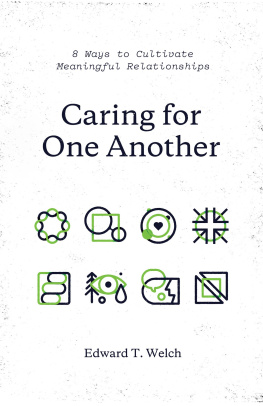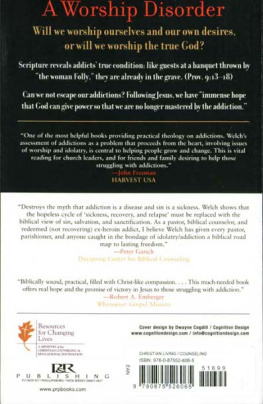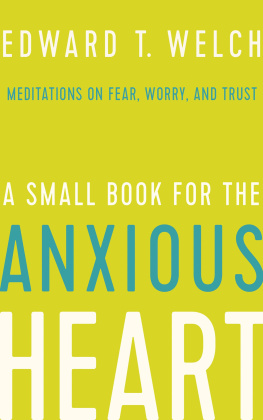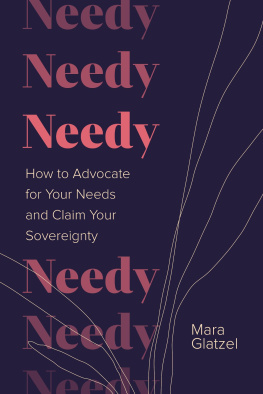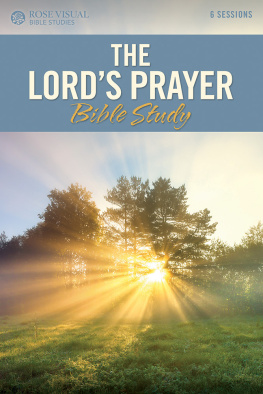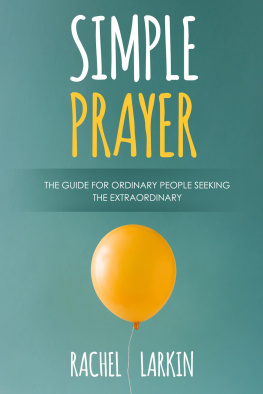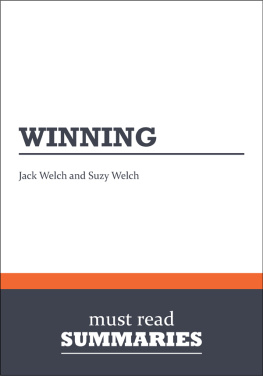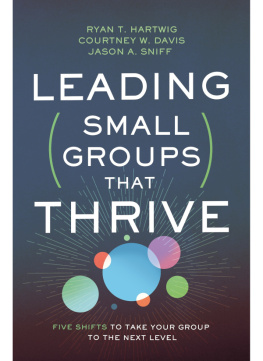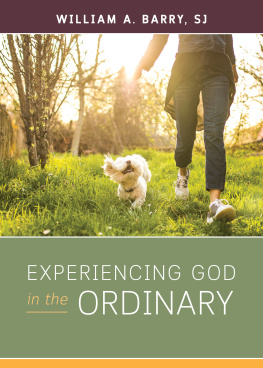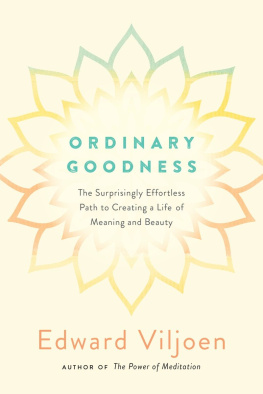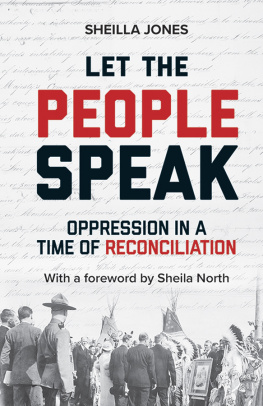Table of Contents
Landmarks
Caring for One Another
8 Ways to Cultivate Meaningful Relationships
Edward T. Welch
Lesson 6
Hardships and suffering are everywhere, and Scripture counters by speaking to our troubles on nearly every page. The exodus story leads the way.
Since so many of our conversations are about hardships, we want to know more about what God says to those who suffer. Most of us have thought about these things. We all have some ideas of what God says. Our interest is to refine what we know and add to it.
Where do we begin?
Some of our struggles are clearly identified in Scripture. For example, we can look up fear or anxiety in a Bible concordance, and hundreds of passages are immediately available. But what do we do when Scripture does not clearly identify a particular problem? It seems relatively quiet with regard to the growing number of psychiatric diagnoses, which are pressing matters for so many. In response, we ask for help from other wise people, and we keep listening to those who struggle. As we do, we notice two things:
1. Hardships are unique. No two forms of suffering are identical.
2. Hardships share something in common. They are painful and can leave us feeling at the end of ourselves. This is the reason why one psalm can speak to so many different troubles.
Here is one of those stories that extends to so much human misery. It does not identify all the possible assaults we could experience, but it does provide a master story to guide us.
The Wilderness Story
The exodus narrative began with Gods compassion and deliverance: The people of Israel groaned because of their slavery and cried out for help. Their cry for rescue from slavery came up to God. And God heard their groaning (Ex. 2:2324). The Lord then showed his mighty power over Egypt, and he led them out. The plan was to move through the wilderness and to the Promised Land, but the wilderness journey became longer and more difficult than anyone anticipated.
The wilderness is hard, and we respond with compassion.
The wilderness is, indeed, a place of destitution and powerlessness. If you have ever felt that way during your troubles, this is your story. The wilderness feels as though all is lost and you cant take another step. Threats are everywhere. As people who want to help, the wilderness journeys of those we love will evoke our compassion. We grieve with those who grieve, we move closer to them, and we pray that they would be strengthened.
More is happening in the wilderness than hardships.
Things are not exactly what they seem. Though our senses tell us that we are alone, the Lord is there, and since he is the source of life, life will come even in an otherwise lifeless land. This desert is where water comes from rocks and manna appears every morning.
It is also where the Lord tests and trains his royal children so they can see what is actually in their hearts and can ascend with maturity and wisdom to the royal courts (Deut. 8:13; James 1:25). The test goes to the depths of our souls: will we believe and trust him when our circumstances seem dire?
In the original wilderness testing, the people forgot God; they complained against him, which is a way of holding him in contempt; they pined away for Egypt; and they looked for help apart from the Lord. So often we replicate their journey, and when life is hard we trust what our senses tell us more than what God says.
In response to our wavering allegiances, Jesus himself entered the wilderness. It turns out that the wilderness journey, which is the path along which God takes his royal children, is the way of King Jesus (Matt. 4:111). After humanitys many failures in the wilderness, our champion took over where we had failed. But his path was different. Whereas Israel had manna, Jesus would be sustained only by the words of his Father, rather than bread. Whereas Satan was in the shadows during the exodus journey, he would personally take up the fight and focus his spiritual weaponry on the weakened Messiah. His strategies, though, were familiar: Gods ways are not good. Trust in yourself, trust in me, trust in dead idols. When trouble comes, we can be certain that we will hear Satans lies that raise doubts of the Lords generosity, love, and truthfulness.
Our King voluntarily went into this most arduous place where he believed and recited the words of his Father. Those words were his food and satisfaction. They were all he needed to be strengthened and successful, and his success would change everything.
In other words, in our own wilderness our aspiration is to have eyes to see Jesus .
The wilderness is an opportunity for faith.
Now we enter into the wilderness story knowing that Jesus has already been victorious and has given us the Spirit to do what we could not do before. We can turn to the Lord rather than away from him during intense troubles.
This new story is for us allthose who are familiar with PTSD, trauma, victimization and abuse, loss, and fear. It is also the seminal story for temptation, so it is foundational for all addiction. Our task is to inhabit it and make it our own.
Notice what happens when the exodus becomes our story. It begins with our deliverance from slavery. I am the L ord your God, who brought you out of the land of Egypt, out of the house of slavery (Ex. 20:2). God has somehow heard our groaning, even though we were not yet calling out to him. He demonstrated his power over Satan, and he determined that we would belong to him.
Since our King was led into destitute places, we can be sure that we too, who follow the King, will be taken into hardships. In the back of our minds we think that good fathers should shield us from hardship. We might get a skinned knee and believe he still loves us. But what father would let his child go through shameful abuse? This question is hard to answer, but we know this: the Father loved his perfect Son, who went through the worst of suffering and shame, so he certainly loves us who are joined to his Son by faith. The Father also can be trusted to be the righteous Judge who will make things right. This confidence sustained Jesus through his humiliation: When he was reviled, he did not revile in return; when he suffered, he did not threaten, but continued entrusting himself to him who judges justly (1 Pet. 2:23). We can share in his confidence.
Hardships will come.
Jesus has gone before us in hardships and knows us.
The love of the Father pursues us in our hardships.
The Fathers justice, which will silence all perpetrators and restore his people, is assured.
Jesus is with us now by his Spirit, and he prepares a place for us in the land promised. Having defeated Satan, forgiven our sins, and successfully gone through the wilderness on our behalf, he guides us through the wilderness to our home with him. As we persevere by trusting him, he strengthens us in our weakness. In this we bring honor to his name.
Cry Out to the Lord
The first and most important way to express this trustor strength in weaknessis simply to speak to him:
Out of the depths I cry to you, O L ord !
O Lord, hear my voice!
Let your ears be attentive
to the voice of my pleas for mercy! (Ps. 130:12 )
This is among the easiest and hardest things to do. Children can do it, but it demands that sophisticated combination of both human neediness and personal confidence in Jesus . It can feel quite unnatural at first. It can feel like baby talk. But it is much more than that, because it is the Spirit of God who gives us words to speak. Those words are honest, open, filled with questions, and they hold on, sometimes barely, to Jesus Christ and what he has done.
ScriptureGods personal communication to usspeaks to us in our misery. Though it might not identify the precise nature of our wilderness, once we identify our specific struggles as suffering , Gods Word says a lot.

